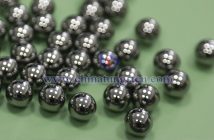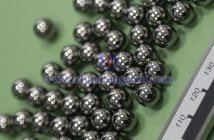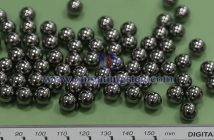With their exceptional physical and chemical properties, tungsten carbide balls are extensively utilized in various valve sealing systems, providing essential support for efficient and safe operation.
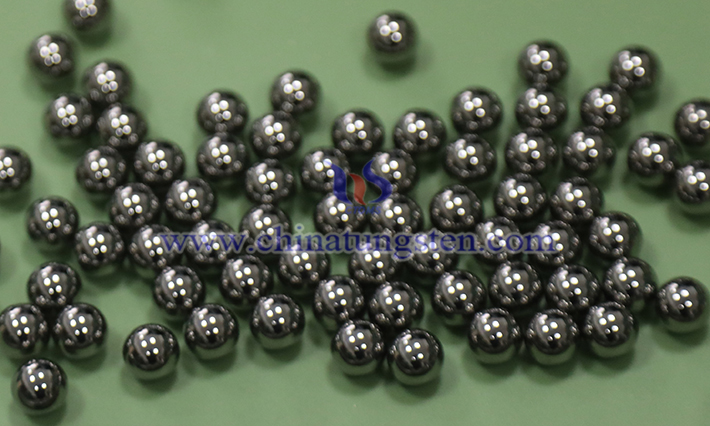
I. Characteristics of Tungsten Carbide Balls
Tungsten carbide balls are primarily made from tungsten carbide (WC) and metal binders such as cobalt (Co) through powder metallurgy processes. Their key characteristics include:
1. High Hardness and Wear Resistance: With hardness approaching that of diamond, tungsten carbide balls resist wear from high-pressure, high-velocity fluids and particulate matter.
2. Corrosion Resistance: They exhibit excellent resistance to acids, alkalis, salts, and other chemicals, making them suitable for harsh chemical environments.
3. High-Temperature Stability: They maintain stable performance in high-temperature environments, ideal for high-temperature, high-pressure valve systems.
4. High Precision: Tungsten carbide balls can be machined to achieve exceptional roundness and surface finish, ensuring superior sealing performance.
II. Role of Tungsten Carbide Balls in Valve Sealing
Tungsten carbide balls are primarily used as sealing components in ball valves, forming a tight sealing surface with the valve seat. Their roles include:
1. Fluid Control: By rotating the ball, they enable fluid opening and closing, ensuring zero leakage.
2. Withstanding High Pressure: In high-pressure differential environments, tungsten carbide balls maintain structural integrity without deformation.
3. Wear Resistance: In media containing particles or corrosive substances, they significantly extend valve lifespan.
4. Versatility Across Applications: They are widely used in valve systems for industries such as oil, natural gas, chemical, and power generation.
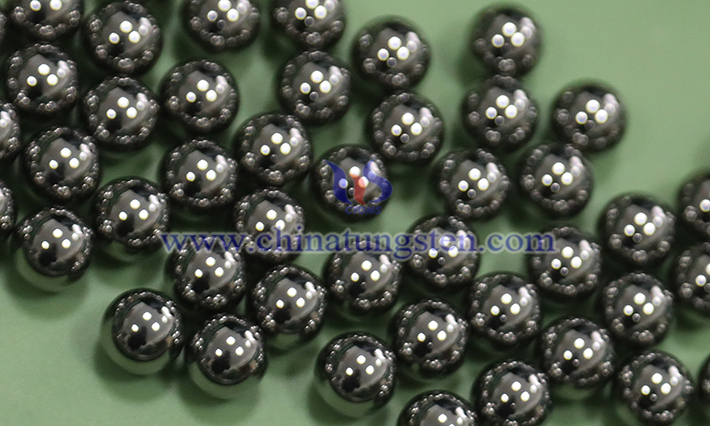
III. Application Areas of Tungsten Carbide Balls in Valve Sealing
Tungsten carbide balls are applied in a wide range of industrial and civilian sectors for valve sealing:
1. Oil and Gas Industry: Used in high-pressure oil and gas pipeline valves, they withstand extreme pressure and corrosive media, ensuring safe transmission.
2. Chemical and Pharmaceutical Industries: In valves handling acidic, alkaline, or toxic chemicals, they provide reliable sealing to prevent leakage and environmental contamination.
3. Power and Energy: Applied in steam turbines and nuclear power plant valves, they endure high temperatures and pressures, ensuring stable system operation.
4. Water Treatment and Environmental Protection: In wastewater treatment plants and desalination facilities, they resist particle abrasion and corrosion, enhancing equipment durability.
5. Marine Engineering and Shipping: Used in offshore platforms and ship valves, they adapt to salty, high-pressure seawater environments, reducing maintenance needs.
6. Food and Beverage Processing: In sanitary-grade valves, they ensure contamination-free sealing, meeting food safety standards.
7. Aerospace: In precision control valves, they provide high-precision sealing, supporting extreme temperature and vibration conditions.

